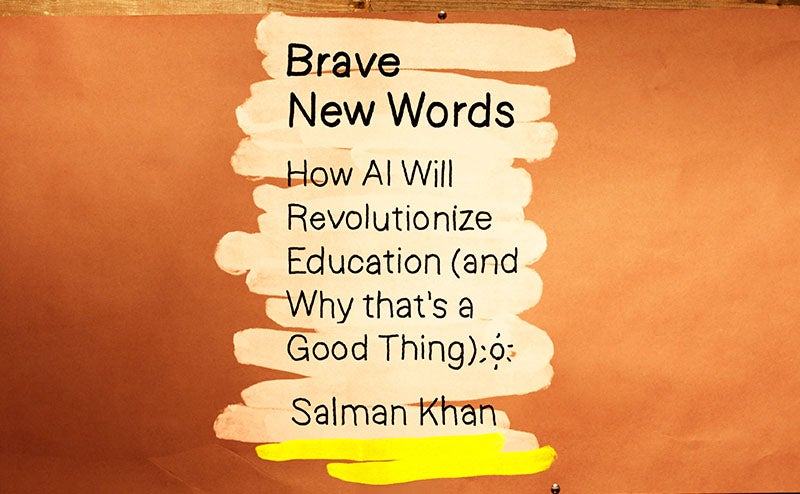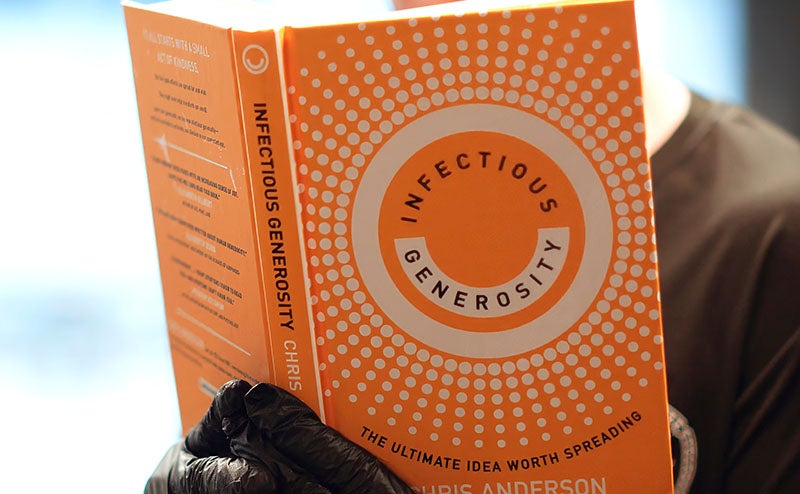My philosophy is that I’d rather have too much to read on a trip than too little.
Stepping into the public square to announce that foreign aid is important and effective can be lonely work.
As someone who has attempted to make that case over the past decade, I can assure you that the world is often eager to hear just the opposite.
Aid money can and does work. It improves people’s lives and makes the world a better and safer place.
Fortunately, an elegant and deeply researched new book has come along to reframe the debate and tip it, I hope, in a new direction. The title says it all: Getting Better: Why Global Development is Succeeding—and How We Can Improve the World Even More.
The book’s author is Charles Kenny, a senior economist on leave from the World Bank and a fellow at the Center for Global Development and the New America Foundation. He writes a weekly column for ForeignPolicy.com as “The Optimist,” but he is a realist, too, and he brings an economist’s eye to this complicated topic.
In making his case, Mr. Kenny is going up against some notable critics. Recent books by writers like Dambisa Moyo and Matt Ridley have depicted aid as wasteful and even damaging to societies. But even some outspoken aid critics have been impressed by “Getting Better.” One of the best known, economist William Easterly, even provided a blurb, praising the book. “You will never look at global economic development the same way again,” he says. To me, that’s exactly right.
Mr. Kenny acknowledges that the billions of dollars that the West has poured into poor countries has had a limited impact on income, which is what most economists use to measure progress in living standards. As he notes, many countries in Africa today have real per-capita incomes lower than that of Britain at the time of the Roman Empire. Over the past several decades, through good times and bad, the income gap between rich and poor countries has grown. And no one really knows why.
But income is only one measure of success and maybe not the most meaningful one. Mr. Kenny shows that quality of life—even in the world’s poorest countries—has improved dramatically over the past several decades, far more than most people realize. Moreover, with reams of solid data to support his case, he argues that governments and aid agencies have played an important role in this progress.
We care about income mostly as a proxy for what money can buy: food, shelter, health, education, security and other factors that contribute to human well-being. Mr. Kenny’s great insight is to point out the flaw in focusing solely on income. Other trends, related to direct measures of quality of life, are much more encouraging.
Fifty years ago, more than half the world’s population struggled with getting enough daily calories. By the 1990s, this figure was below 10%. Famine affected less than three-tenths of 1% of the population in sub-Saharan Africa from 1990 to 2005. As Mr. Kenny suggests, the record has thoroughly disproved Malthusian prophecies of food shortages caused by spiraling population growth. Family sizes have fallen for many decades now in every region, including Africa.
And there’s more good news. Virtually everywhere, infant mortality is down and life expectancy is up. In Africa, life expectancy has increased by 10 years since 1960, despite the continent’s HIV pandemic. Nearly 90% of the world’s children are now enrolled in primary schools, compared with less than half in 1950. Literacy rates in the sub-Saharan region have more than doubled since 1970. Political and civil rights also have gained ground.
The case made by Mr. Kenny in “Getting Better” is a powerful antidote to overly gloomy assessments of development aid. Wasteful and corrupt aid projects are probably inevitable, and they should never be tolerated. But overall, when you look at the big picture, quite a lot of good things are happening.
What’s more, the book suggests ways to make aid more efficient and effective. Mr. Kenny notes that dramatic improvements in quality of life have been achieved even in poor countries where incomes have fallen. How can this be? He credits the spread of new technologies and ideas. Because of them, as he writes, many of “the best things in life are cheap.”
Eradicating smallpox from the face of the Earth, for example, cost about 32 cents per person in infected countries. In just six years, a drive to vaccinate African children against measles reduced the number who died of the disease by three-quarters, from more than 500,000 a year.
Even larger gains in public health can still be achieved at a stunningly low cost relative to the benefits. Of the 10 million children who die each year in poor countries, one-third could be saved through the wider use of breast feeding, insecticide-treated bed nets and oral rehydration therapy (a simple sugar and salt solution) to combat the effects of diarrhea.
Mr. Kenny recommends focusing development aid on helping to spread such ideas and the cheap technologies that can measurably improve quality of life. He suggests, among other things, that we create a global technology bank to fund research or award prizes for advances that particularly benefit the world’s poor.
After years of doom and gloom on the subject of foreign aid, it is refreshing to find so thoughtful and contrarian an approach to the topic. Charles Kenny shines a light on the real successes of aid, and he shows us the benefits that additional smart investment can bring.





